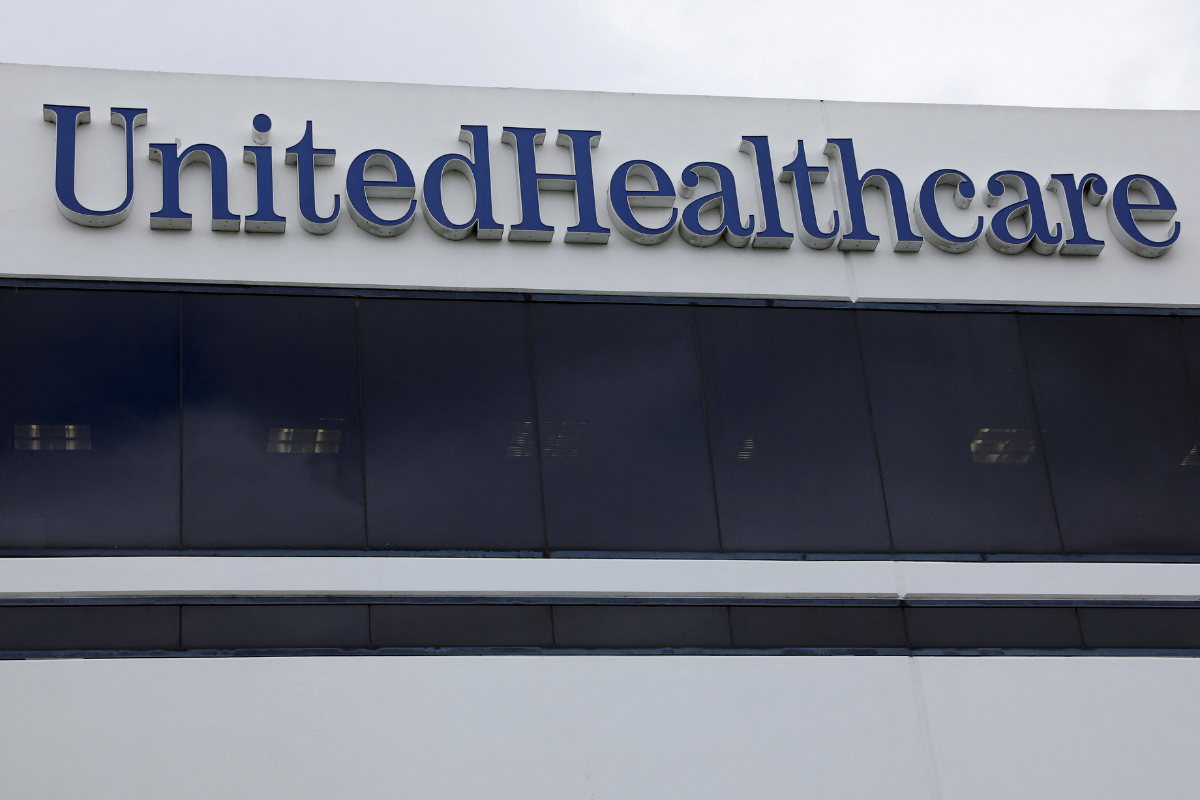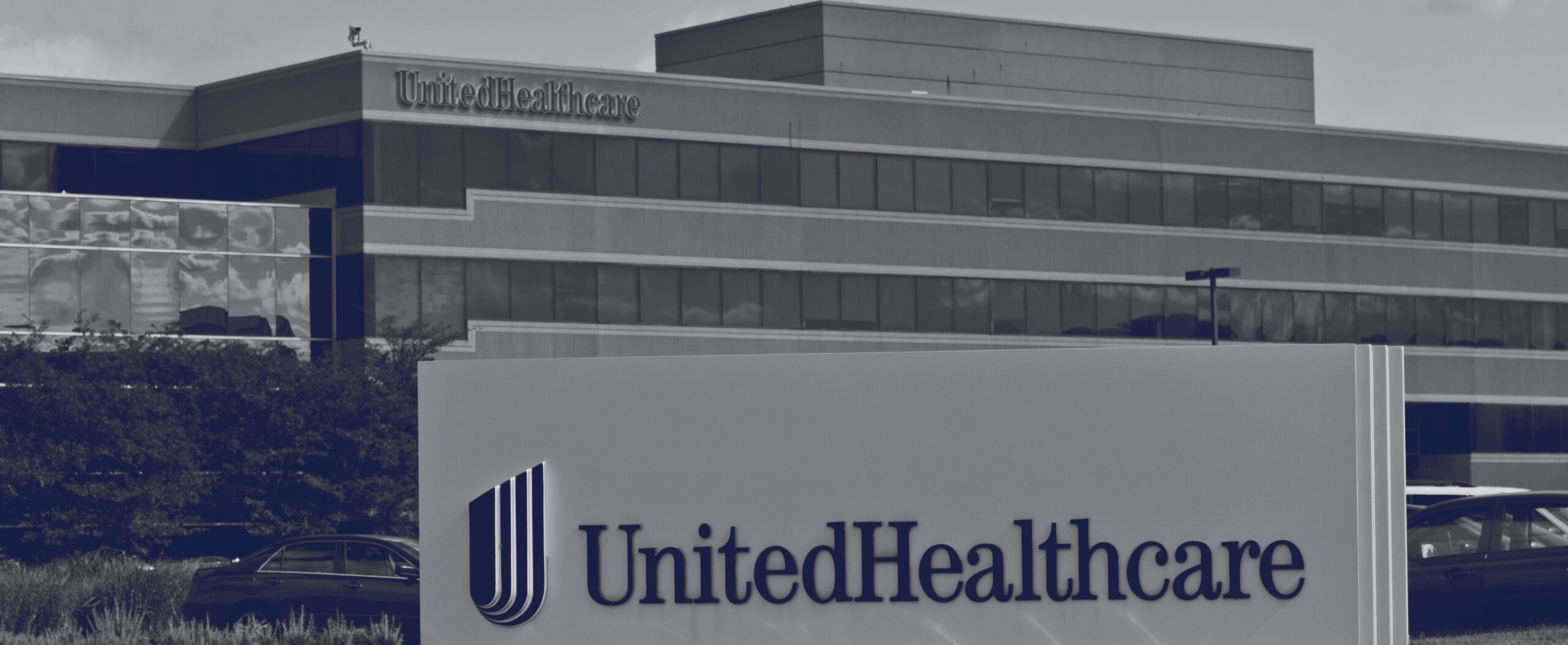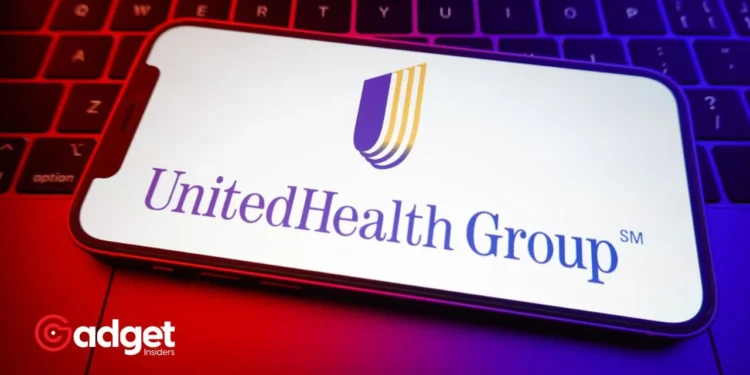In a bold move underscored by both urgency and compassion, UnitedHealth Group has announced an unprecedented support measure for healthcare providers reeling from the impact of a cyberattack. The Minnetonka-based conglomerate has extended over $3.3 billion in loans to facilities hit hard by the digital assault on its tech division, signaling a significant step towards stabilizing a sector in turmoil.

UnitedHealth: A Cyberattack Unfolds
The crisis began with a ransomware attack on February 21 targeting Change Healthcare, a critical component of UnitedHealth’s operations. This assault severely disrupted the insurance claims processing workflow, thrusting numerous care providers into financial distress.
In response, UnitedHealth initiated a temporary funding program, designed as a lifeline for those caught in the crossfire of this digital disruption.
Responding to the Crisis
UnitedHealth’s commitment to aiding affected providers is not just about the numbers; it’s a testament to its role as a pivotal player in the healthcare insurance sector. By offering a 45-day repayment window for the loans, UnitedHealth is providing a buffer for providers to recalibrate their operations without immediate financial pressure.
Particularly noteworthy is the focus on supporting safety net hospitals and federally qualified health centers. These institutions are on the front lines of serving high-risk patients and communities, making them crucial to the nation’s healthcare infrastructure.
More than 40% of the allocated funds have been directed towards these entities, underlining UnitedHealth’s strategic approach to ensure that the most vulnerable segments are not left behind.
UnitedHealth Group has paid out more than $3.3 billion to providers impacted by the massive cyberattack against Change Healthcare in February, the company said Wednesday. https://t.co/OKi4jmgxdS
— NewsNation (@NewsNation) March 30, 2024
The Government Steps In
The ramifications of the cyberattack have not gone unnoticed by the U.S. government. With some providers facing dire choices between halting patient care or failing to compensate their staff, federal intervention has become essential.
The State Department’s offer of a reward for information on the hacking group “ALPHV”, also known as “BlackCat”, reflects the seriousness with which this attack is being taken. Meanwhile, the Department of Health and Human Services is delving into the potential breach of protected health data, adding another layer of scrutiny to the incident.
UnitedHealth: Navigating Recovery
The road to recovery from the disruptions caused by the cyberattack on Change Healthcare will be arduous. Despite UnitedHealth’s efforts to process a backlog of over $14 billion in medical claims, the full extent of the fallout remains uncertain.
With Change Healthcare handling a staggering volume of healthcare transactions and patient records annually, the impact of this breach is far-reaching.
UnitedHealth’s proactive measures, however, paint a picture of resilience and dedication to the healthcare ecosystem. As providers start to stabilize thanks to the financial support, the focus will inevitably shift towards bolstering cybersecurity measures to prevent future attacks.
This incident serves as a stark reminder of the vulnerabilities inherent in our increasingly digital world, especially within sectors as critical as healthcare. As UnitedHealth navigates these challenging times, its actions set a precedent for corporate responsibility and the importance of safeguarding the mechanisms that underpin healthcare delivery in the United States.

Keeping Informed
The situation remains fluid, with developments unfolding rapidly. For healthcare professionals and stakeholders, staying informed is crucial. Subscribing to reputable sources like the Reuters Health Rounds newsletter offers valuable insights into the latest medical breakthroughs and healthcare trends, including ongoing responses to cyber threats.
As the story of UnitedHealth’s response to the cyberattack continues to evolve, it serves as a compelling case study in crisis management, corporate solidarity, and the critical importance of cybersecurity in protecting the fabric of our healthcare system.









